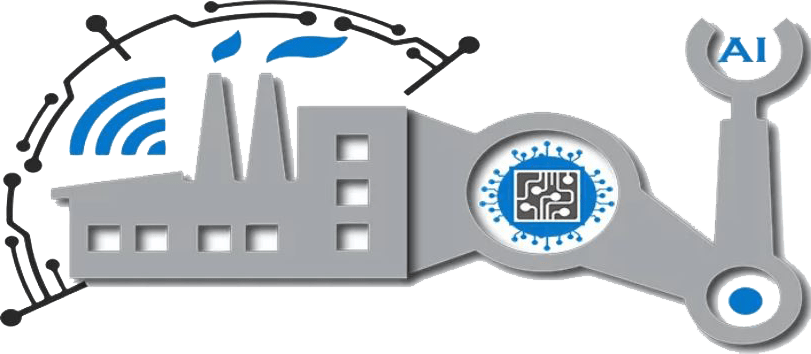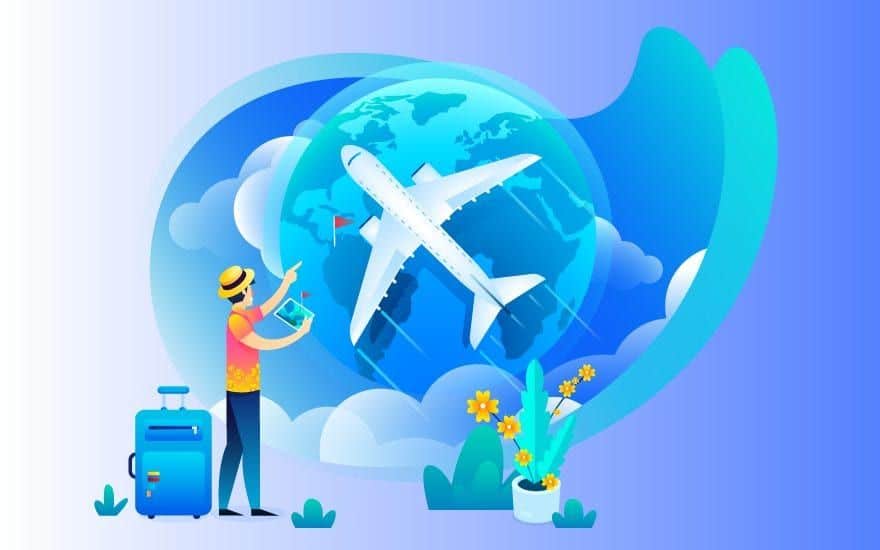Artificial Intelligence (AI) is transforming the tourism industry by enhancing customer experiences, streamlining operations, and providing valuable insights. From personalized travel recommendations to operational efficiencies, AI applications are revolutionizing how travelers plan, experience, and enjoy their journeys.
AI Applications in Tourism
Personalized Travel Recommendations
AI is redefining the travel experience through personalized recommendations. Machine learning algorithms analyze vast amounts of data, including past travel behavior, preferences, and search history, to offer tailored suggestions for destinations, accommodations, and activities. AI-powered travel assistants and chatbots can provide real-time recommendations and answer queries, making trip planning more efficient and enjoyable.
Dynamic Pricing and Revenue Management
AI is optimizing pricing strategies in the tourism sector by using predictive analytics to adjust prices based on demand, seasonality, and market trends. This dynamic pricing helps hotels, airlines, and tour operators maximize revenue and offer competitive rates. AI also enables more effective revenue management by forecasting booking patterns and adjusting inventory accordingly.
Customer Service and Support
AI-driven chatbots and virtual assistants are enhancing customer service by providing instant support and resolving common issues. These AI tools can handle a wide range of customer inquiries, from booking changes to local recommendations, allowing human staff to focus on more complex tasks. AI can also analyze customer feedback and sentiment to identify areas for improvement and enhance service quality.
Travel Experience Enhancement
AI is improving the travel experience by offering smart solutions that cater to individual needs. For example, AI-powered apps can provide real-time translation services, personalized itineraries, and automated check-ins. In hotels, AI can customize room settings based on guest preferences and offer virtual concierge services. AI-driven navigation and augmented reality (AR) applications can also enhance sightseeing and exploration, providing interactive and informative experiences.
Operational Efficiency
AI is streamlining operations in the tourism industry by automating routine tasks and optimizing workflows. For example, AI can automate booking and reservation systems, manage inventory, and handle administrative tasks. Predictive analytics can forecast demand, optimize staffing levels, and improve resource allocation. These efficiencies lead to cost savings and a better overall experience for both travelers and service providers.
The Future of AI in Tourism
The future of AI in tourism holds exciting possibilities as technology continues to advance. AI will drive further innovations in personalized travel experiences, automate more complex tasks, and enhance the integration of emerging technologies like virtual reality (VR) and the Internet of Things (IoT). The continued evolution of AI will lead to more seamless and immersive travel experiences, making tourism more accessible and enjoyable.
In conclusion, AI is revolutionizing the tourism industry by offering personalized recommendations, optimizing pricing, enhancing customer service, and improving operational efficiency. As AI technology continues to evolve, it will create new opportunities for innovation and excellence in the travel experience, shaping the future of tourism.





